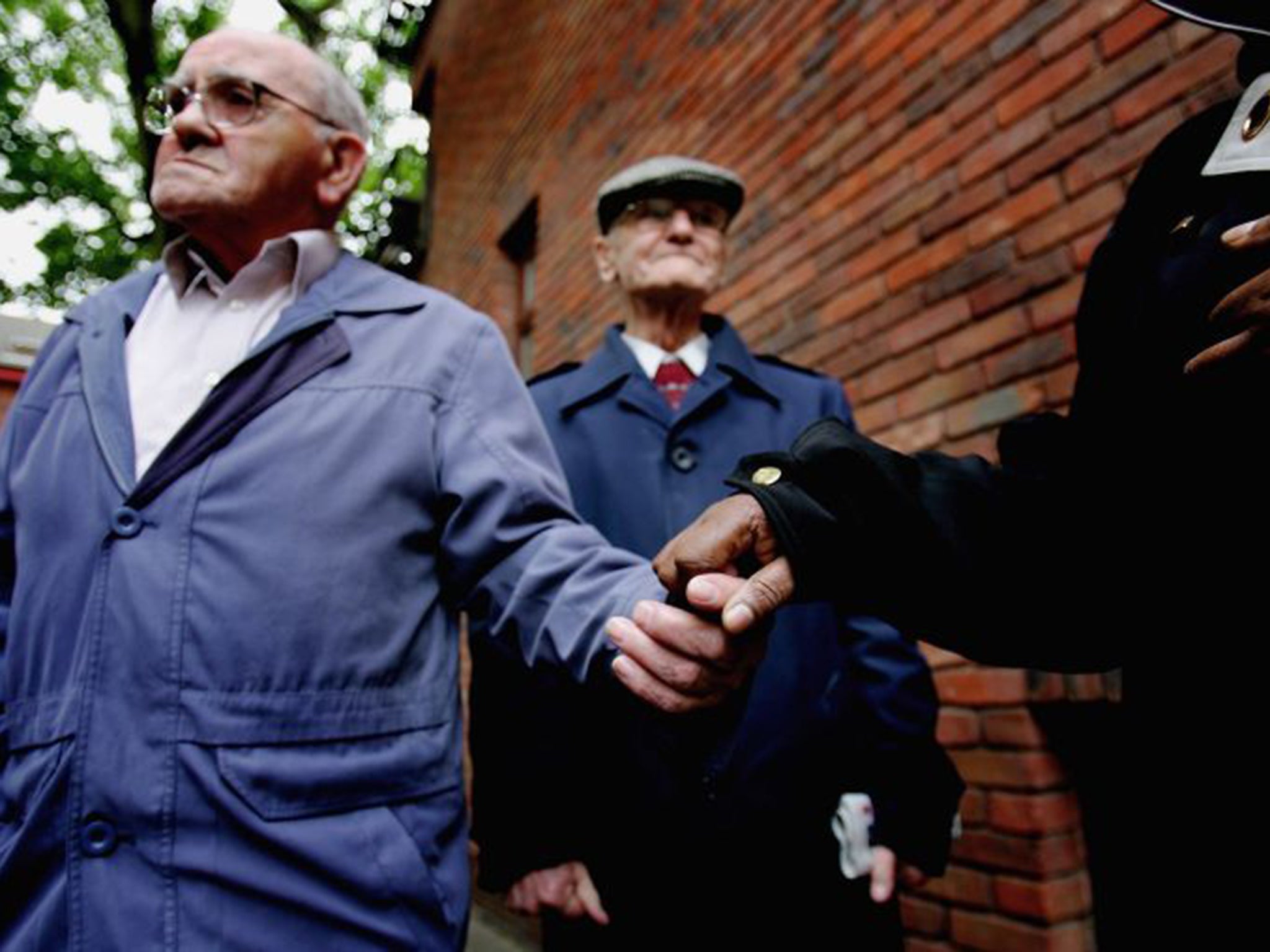‘New state pension has wreaked havoc on me’
This is just one of thousands of angry responses to this week’s reforms

The much vaunted new state pension introduced this week by the government has angered many i readers. On Wednesday the Work and Pensions Secretary, Stephen Crabb, trumpeted: “Today marks the beginning of the biggest overhaul to our state pension system for generations and millions stand to gain from these changes, including women.”
But many have pointed out that there are millions of losers under the new scheme, including women. “The changes to the state pension landscape have been dubbed by the government as a huge boost for women by addressing gender inequality in the current system and bringing forward by over a decade the point when men and women will achieve equal payments,” said Maike Currie of Fidelity International.
“However, this has been undone by separate changes to the women’s state pension age, which is rising from nearly 63 now to 65 by 2018. This means only 80,000 women will receive the new flat-rate state pension from 2016 to 2018, compared with 390,000 men.”
Campaigners from Women Against State Pension Inequality (Waspi) believe that hundreds of thousands of women born in the 1950s have been misled by successive governments about their payouts and when they qualify for the state pension.
Meanwhile women born between 6 April 1951 and 5 April 1953 face an additional injustice. Because of the way in which the pension gender equalisation has been introduced, they will not qualify for the new single-tier state pension at all.
They will get only £131, even though men born in exactly the same year will receive the new rate. “Many of these women do not have other pensions and will have the lower £131 payment to survive on for the rest of their lives,” said Cari Rikby, who has been campaigning for the women to be given the same pension as men of their age.
“If I’d had a twin brother, he’d consequently get around £20,000 more than me from the state pension over 20 years. How is that fair?”
Many existing pensioners are also losing out as their pensions will rise by less each year as a result of unfair indexation arrangements. “This will result in a two-tier pension system which disadvantages existing pensioners,” warned Dot Gibson of the National Pensioners Convention.
Typical is 81-year-old Bert Munro who contact the i this week. “The new state pension arrangements have wrought havoc on my circumstances,” he told me. “In among a seven page letter from the DWP I found out that I have been graded Pension Credit only, because the amount the government allows me to live on has been exceeded by £8 per week. But I am to be paid £9.71 per week Pension Credit.” He says that if the £8 was deducted from the £9.71 he would be entitled to Savings Credit.
As a consequence he hasn’t got a positive view of the changes: “The whole approach to the system governing pensions, council tax and all the related consequences is moribund and seriously not fit for purpose.”
Also fed up with George Osborne’s claims that the new state pension will “deliver dignity in retirement” are the estimated 560,000 British pensioners who, according to the government, live in the wrong country.
Some 1.2 million British pensioners live abroad, and around 600,000 get the same increases to their payout as if they had remained in the UK. But those who live in such places as Australia and Canada have had their state pension frozen at the rate it stood when they left the UK.
Clive Walford is chairman of PPiI (Pension Parity in Indonesia) and this week told me: “The former Pension Minister Steve Webb said the new state pension would be fully sustainable. But when devising the scheme did he not think that would now be no excuse for discriminating against half a million frozen pensioners?”
He reckons it’s time for all the fed-up and let-down pension campaigners to band together to force the government into fairness and equality for all. Sounds a plan, especially given how many votes that could comprise – that’s a language politicians do understand.
Meanwhile any pensioners struggling as a result of the changes are urged to check if they can increase their income by claiming any money benefits they are entitled to. Age UK points out that every year millions of pensioners miss out on up to £3.7bn in money benefits, with many also forgoing benefits designed to help with the increased cost of having an illness and disability.
The charity reckons many missing out simply don’t know they could be entitled to extra income. Others are aware of the benefits available but feel too proud or embarrassed to put in a claim. Some have unsuccessfully tried before, or have been put off by the claiming process which they feel is too complicated or intrusive.
But If anyone eligible for Pension Credit made a claim, it could boost their budget on average by more than £1,700 a year, giving them an extra £33 a week.
Age UK’s charity director, Caroline Abrahams, said: “The government must make a concerted effort to help existing pensioners who are most in need.”
Join our commenting forum
Join thought-provoking conversations, follow other Independent readers and see their replies
Comments
Bookmark popover
Removed from bookmarks